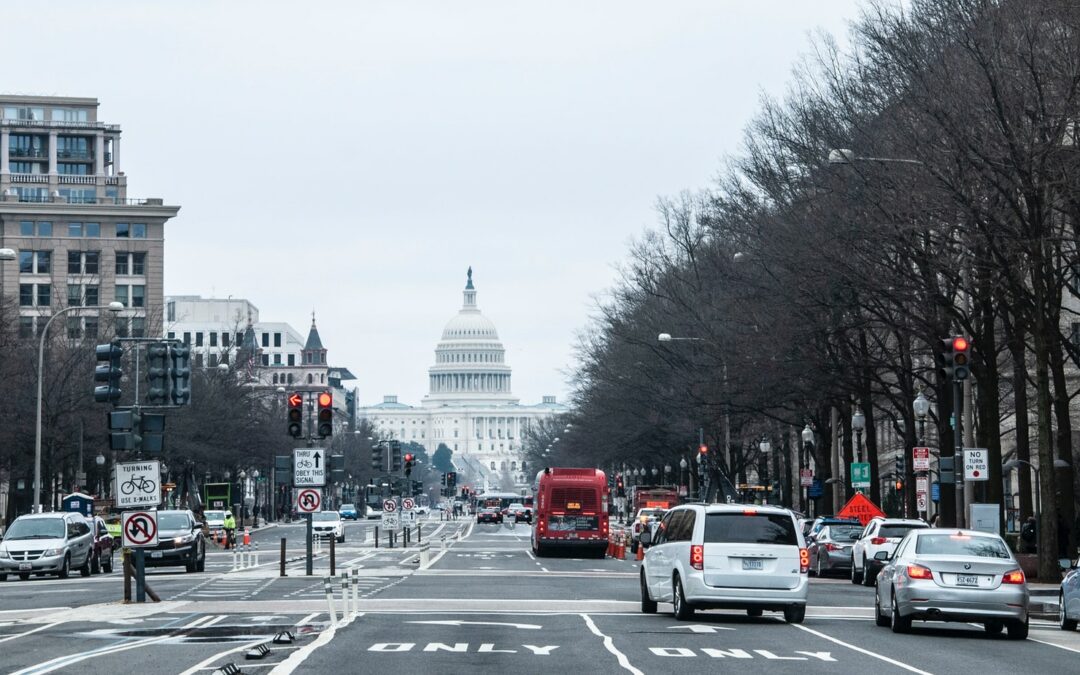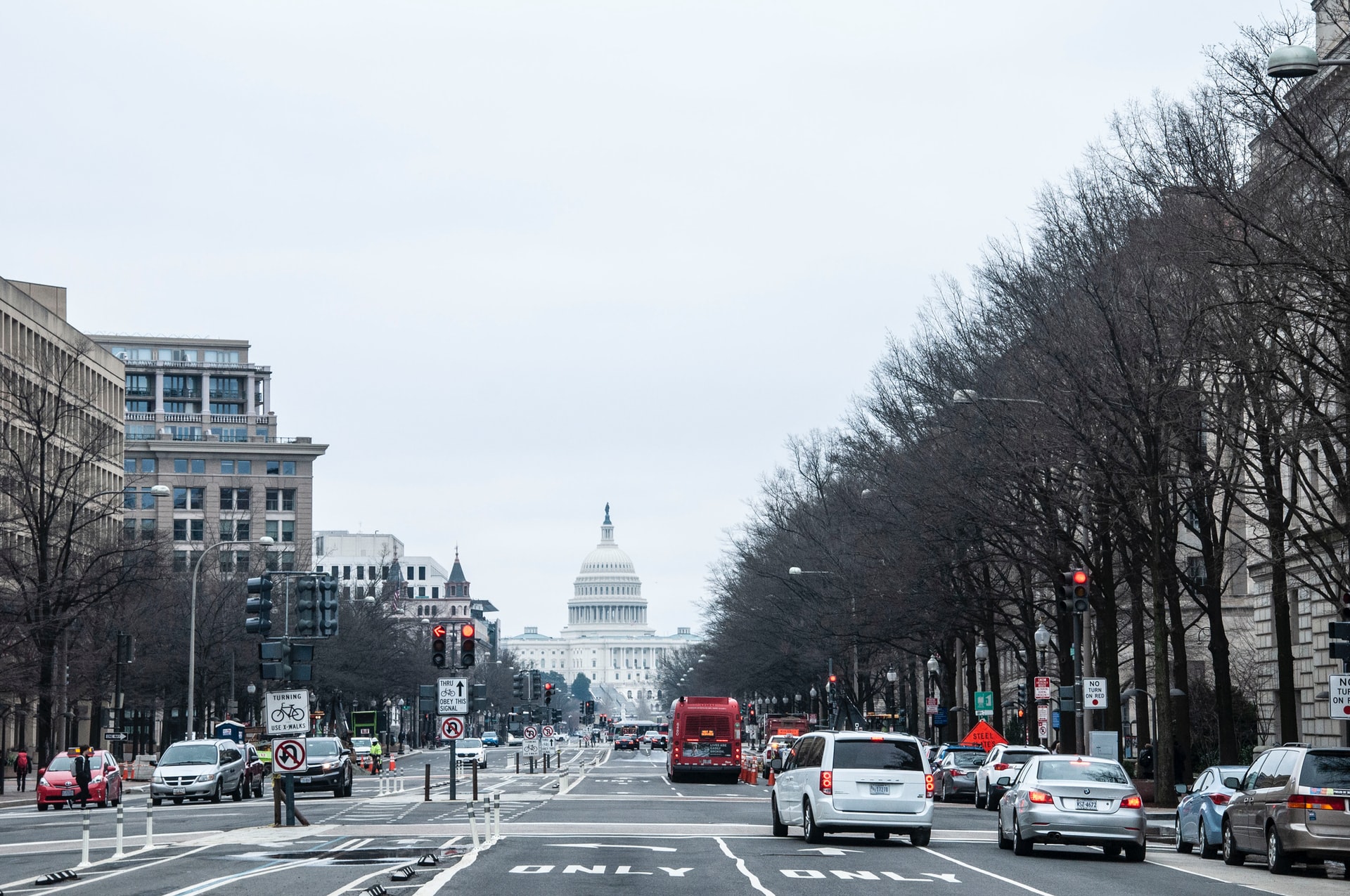Cannabis Fear Clickbait
Let’s start with the first headline: “Young adult cannabis consumers nearly twice as likely to suffer from a heart attack, research shows”.
If you just read that headline you might think, “Wow, I feel like heart attacks are pretty common. If cannabis use doubles the risk, that must mean that it’s pretty dangerous!” Don’t worry, that’s exactly what the article wants you to think.
Now here’s the actual study: Researchers analyzed health data from over 33,000 adults ages 18 to 44 included in US Centers for Disease Control and Prevention surveys in 2017 and 2018. Of the 17% of adults who reported using cannabis within the previous month, 1.3% later had a heart attack while only 0.8% of non-cannabis users reported the same.
Let’s just break down those numbers. 33,000 people. Only 17% use cannabis. That is 5,610 people. Of those 5,610, 1.3% — yes, 1.3% — had a heart attack. That’s 73 people if you round up. And we will just glance over the small detail that there is zero reference to any sort of preexisting conditions or co-morbidities that could have also played a role in those heart attacks.
It might be starting to sound like cannabis might not really do that much to increase heart attack risk, considering it’s only half a percent more than non-consumers (if you can trust the data). But that’s not even the best part.
Halfway through the fear mongering there’s this juicy snippet; “The study did not research how cannabis affects heart health.”
In other words, the study somehow concluded that cannabis increases your chance of heart attack, without doing any research into how cannabis actually affects heart health. That makes sense, right? Toward the end of this cannabis hit piece we get to the real old-timer fear mongering; “the cannabis of today is more potent than what your dad was smoking”.
Remember when alcohol content in beer rose from 3% in an old school ale to 8% in a modern IPA and the media lost it? Yeah, me neither.
If it’s starting to look like CNN might just be cherrypicking, you’re on the right track.
But Wait! There’s More!
Cannabis Hyperemesis Syndrome, The OG “Cannabis Illness”
I remember when I was a freshman in college. It was 2013, and I was just starting to dive into the culture and community of cannabis myself. My parents weren’t pro-weed by any means, and I had my fair share of talking to’s before I went to college.
But I always had a hunch that some of the cannabis fears pushed at the time might have been overblown, and I wanted to prove it to my parents. After all, if they had no issue with me drinking in college, they shouldn’t have an issue with cannabis either.
When I started looking for articles about the science and safety behind cannabis that I could send them — which was hard enough to find in 2013 as is — Cannabis Hyperemesis Syndrome (CHS) was the first thing I stumbled upon. Uncontrollable vomiting, nausea, dizziness? NO THANKS!
But hold on a second…where’s all the research? Where’s the data? All I could find was a study from 2004 of 19 — yes, 19 — people who came into the ER with the issue.
Want to hear something funny? That’s the same study that CNN decided to cite when talking about the rising occurrences of CHS, in this article, in 2021.
Even better, halfway through the article after you read all the scary stuff, is an actual subheading that says “Research is Spotty“.
No I’m not joking. But for the sake of rubbing it in a little more, let’s dive into this article’s “research”.
From the article: “To do research, scientists looked at medical records for reported cases of repetitive vomiting and compare those to marijuana usage in an area. Wang’s analysis… found over 800,000 cases of reported vomiting in Colorado between 2013 and 2018. That was an approximate 29% increase since marijuana was legalized in the state.”
Wow. That sure is a lot of vomiting! You would think that with so many hundreds of thousands of Coloradans flooding emergency rooms with all their vomiting, doctors would start asking about their cannabis use. Not in this study!
While they mention a single anecdote of one doctor asking about cannabis use when a kid came in vomiting, that’s just what it is; an anecdote.
And that’s it. No more science, no more research. No numbers telling you what percentage of that 800,000 used cannabis, how many had actual uncontrollable vomiting or just normal vomiting and nausea. Oh, and of course we can’t forget that they just had to throw in the, “not your father’s weed” for good measure!

















